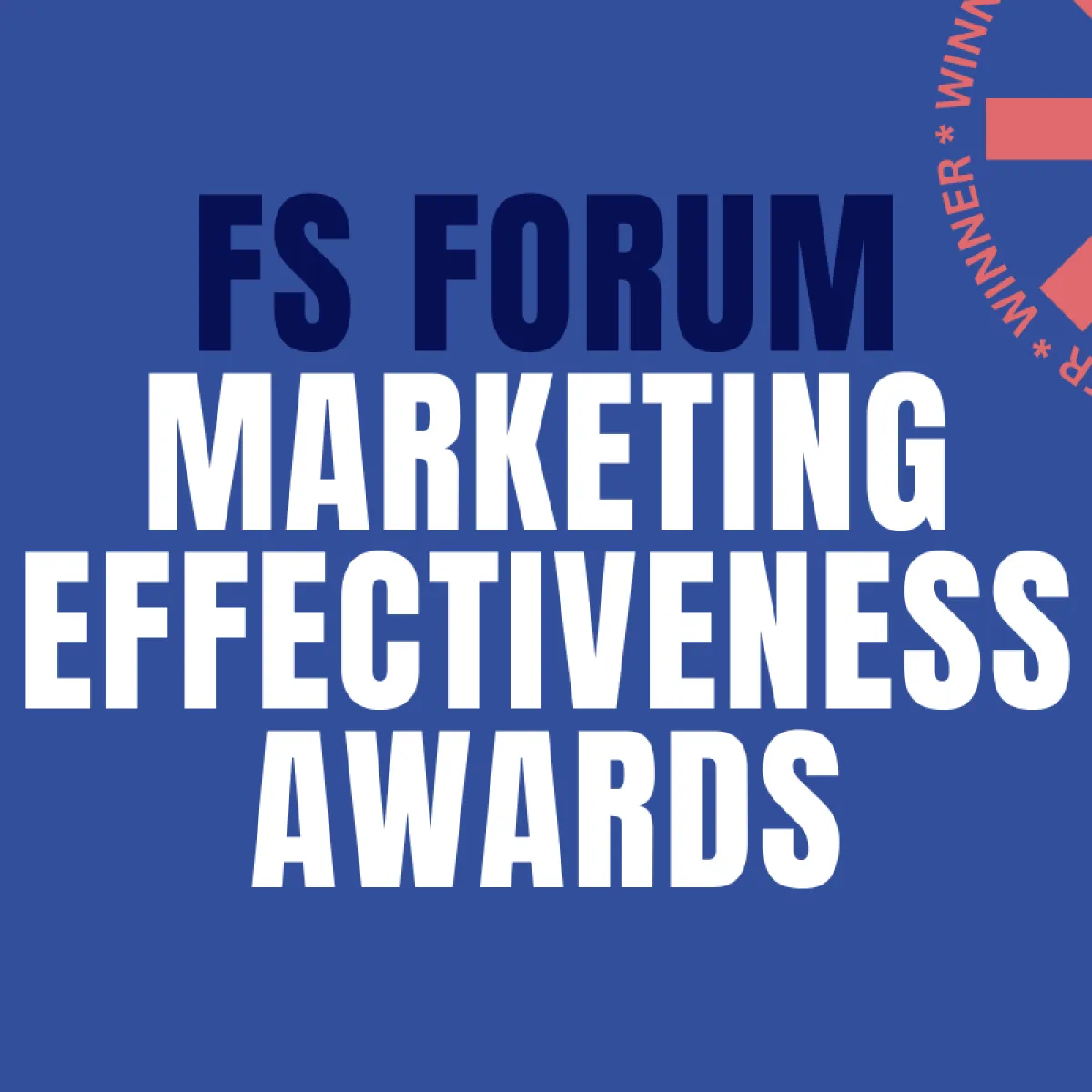This website uses cookies. Learn more
The Shuffle: Helping clients to KISS (keep it simple, stupid)
The Shuffle Ep. 04
📄💸🎙️
It's hard to keep up with the latest financial services buzzwords and acronyms - EDBITDA, DWP, PPI, the list goes on. Associate Director Anthony Cornwell unravels the never-ending stream of jargon, taking it back to basics to help you KISS...
**
“Keep it simple, stupid!” is a principle that, according to Wikipedia, originated with the US Navy back in 1960. The idea behind it is that systems work best if they are kept simple rather than made complicated. The same applies to financial services and media commentary.
Journalists need fast insight, analysis and opinion that is accessible and easy to understand. Simple, right? Wrong.
Simple, accessible copy is something that lots of businesses, especially in financial services, struggle with. And it’s not surprising why. Jargon is a constant in financial services and acronyms reign supreme. Take pensions, for example. We have DB, DC, CDC, the PPF, the PLSA, TPR, DWP, LGPS, LDI, PPI. And those are just my favourites.
Let’s look at investment management. We’ve got OEICs, ETFs, TERs, OCFs, AMCs, IRRs, AFMs, CIS, NAV, UCITS, MIFID, alpha, beta and gamma, capital gain, capital growth, capital loss, capital return, total return and that’s before someone asks you to explain active versus passive, open versus closed ended, hedging, gearing, liquidity or how derivatives or convertible bonds work.
What can we do about this?
We could look to science. A 2020 study suggested science was becoming less readable. The authors found that use of acronyms in the titles of scientific papers increased from 0.7 words per 100 in 1950 to 2.4 words per 100 in 2019. Their recommendation for tackling this was for journals to only permit the use of certain established acronyms. Generally, they hoped use of acronyms would decrease, but without much optimism.
They found the tendency to complicate is becoming more, rather than less entrenched, and suggested that the eventual development of a technology solution to screen out acronyms and address complexity might be our only hope for saviour. But when it comes to financial services, in a competitive media landscape where lots of experts are fighting for physical and virtual column inches, we can’t afford to wait.
To stand out from the crowd, it is vital to realise that genuinely interesting and insightful commentary is simple at its core. Let’s take an example. Let’s say your business provides consulting services to help financial services clients adapt to industry change. A new regulation comes in and you see demand for your expertise, which you can increase as more people see you talking about that change in the media.
But what do you say?
Complex topics don’t require complex commentary. All you need to do is answer these three questions:
· What has changed?
· What should firms do now?
· And what happens if they fail to act or get it wrong?
Communicating clearly is simple if you let it be. And what happens if you overcomplicate?
You risk missing out on engaging potential clients, disengaging current ones and failing to meaningfully raise your profile. And journalists really don’t like it. Here is a great example from Ruth Sunderland, group business editor for the Daily Mail and Mail on Sunday, who heard a CEO say EBITDA – which stands for earnings before interest, taxes, depreciation, and amortisation – on BBC Radio 4’s Today programme:
Ruth swiftly called out the company’s PRs for it because, as she rightly observed, most listeners won’t know what EBITDA means.
**
We can help you see the wood for the trees.
If you don’t know your EBITDA from your bad PR, get in touch.
Anthony is an experienced corporate communications consultant with extensive experience across pensions, asset management and banking.

Subscribe to The Shuffle
Stay in the loop with our experts




New Business: to find out how we can help you, contact our dedicated new businesss team consultancy@lansons.com
Careers: we’d love to hear from you, please visit our careers hub












